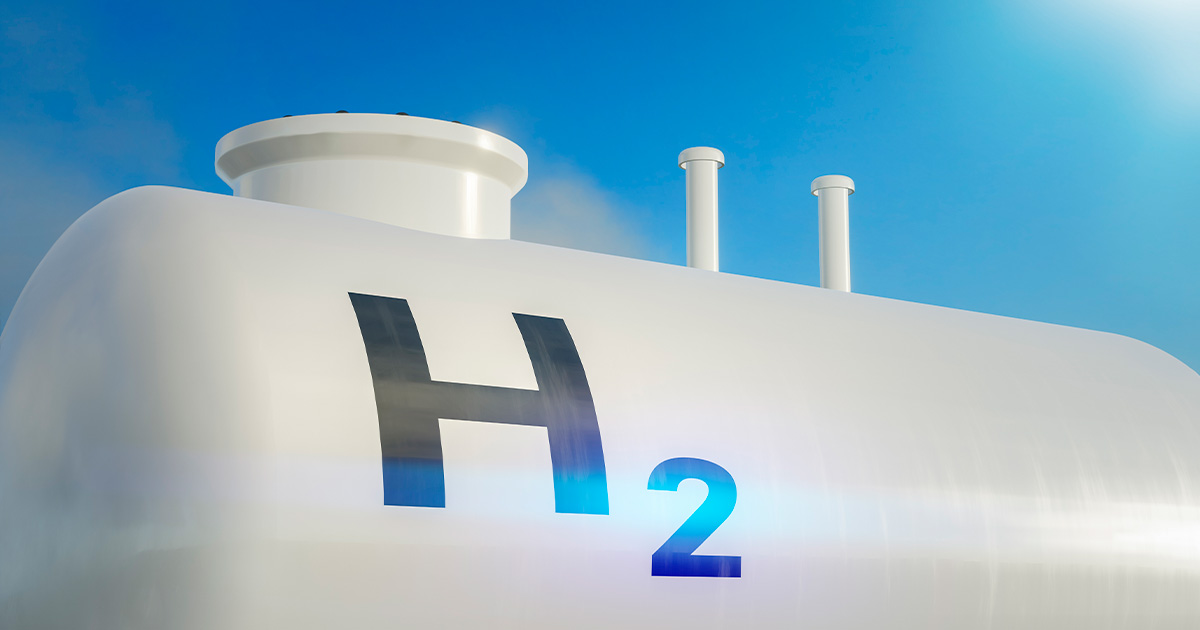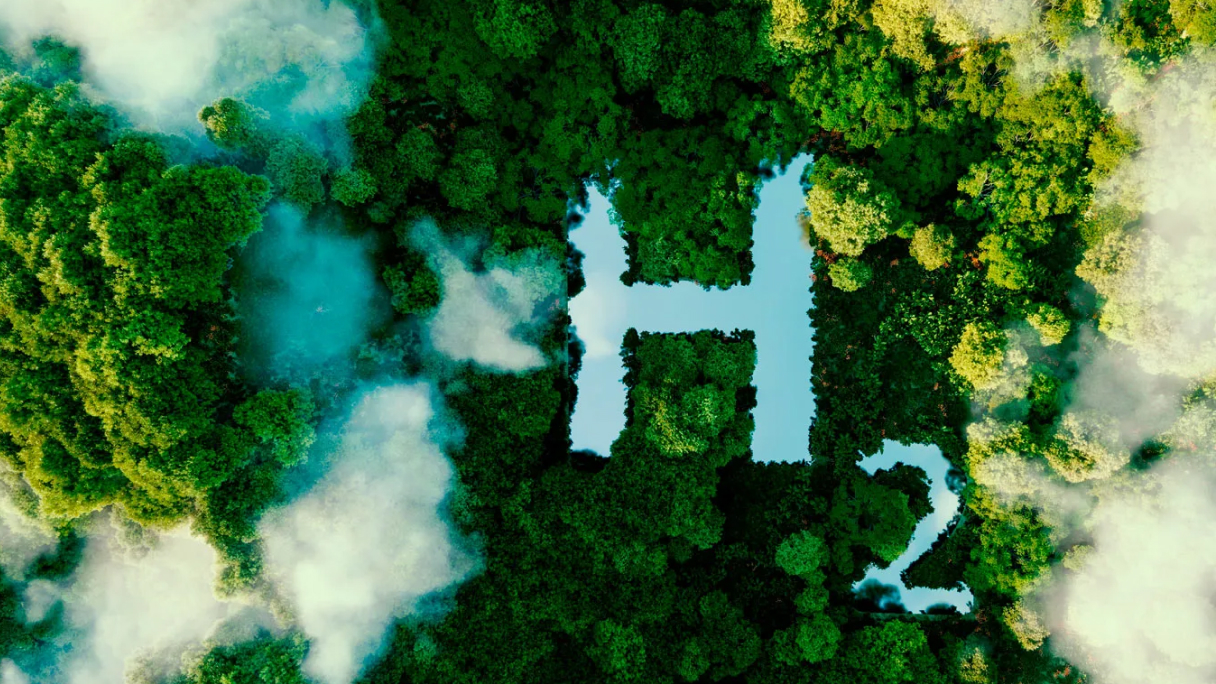With the decision issued on January 9, 2024, the Brazilian Supreme Federal Court (STF) clarified a critical matter for the energy sector when judging Extraordinary Appeal with Complaint No. 1.464.347: the application of ICMS (Tax on the Circulation of Goods and Services) on the Tariff for the Use of Distribution Systems (TUSD) in cases of mini and microgeneration is not a constitutional issue but rather an infraconstitutional one.
The appeal, filed by the State of Mato Grosso, contested a ruling by the state’s Court of Justice (TJMT) that determined ICMS should not apply to TUSD in cases of mini and microgeneration of energy. According to TJMT, since there is no sale of energy in these cases, there is no taxable event for ICMS collection.
TJMT held that a consumer with micro or minigeneration “injects active energy (produced energy) into the electricity distribution system, and at the end of the billing cycle, there is a compensation between the energy injected into the distribution system and that consumed by the customer’s unit.” In other words, according to this court, there is no commercial transaction that would trigger ICMS.
Additionally, TJMT emphasized that Superior Court of Justice (STJ) Theme 986, which discusses the inclusion of TUST and TUSD in the ICMS calculation base, does not apply to cases of mini and microgeneration of solar energy.
The State of Mato Grosso, however, argued that the Federal Constitution mandates taxation on all energy supply operations, without distinctions for mini and microgeneration. It claimed that, as energy consumption involves using the transmission or distribution system, there would indeed be an ICMS taxable event.
When reviewing the case, Justice Luís Roberto Barroso, the reporting judge, concluded that the Extraordinary Appeal filed by the State of Mato Grosso should not even be considered, as the issue involved “the interpretation of infraconstitutional legislation, specifically an ANEEL Normative Resolution.” However, Justice Barroso suggested the case should be submitted to the STF’s Virtual Plenary due to the high number of cases on this topic: the AI tool Vitor had already identified 37 extraordinary appeals addressing the application of ICMS on TUSD in mini and microgeneration.
Regarding the issue, Justice Barroso indicated the case primarily involves interpreting ANEEL Normative Resolution No. 1.059/2023, which replaced the previous RN 482/2012. Any constitutional violation, if present, would be indirect or secondary. Justice Barroso also referenced STF Theme 956, which deemed the issue of including TUST and TUSD values in the ICMS calculation base as infraconstitutional and lacking general repercussion.
For these reasons, Justice Barroso recommended not accepting or granting the appeal, asserting the absence of general repercussion since this is not a constitutional matter. His vote was unanimously followed, with no comments from Justice Luiz Fux.
Although the STF decision shifted this issue to the STJ, it is essential to observe how state courts are handling similar cases. An analysis of case law from courts such as those in São Paulo and Mato Grosso reveals a convergent interpretation: ICMS does not apply to TUSD in mini and microgeneration cases, based on the absence of a commercial transaction.
In summary, reviewing the jurisprudence of major state courts in Brazil, starting with the São Paulo State Court, a case decided on December 19, 2023 (Civil Appeal No. 1026030-07.2021.8.26.0071) partially granted the petitioner’s Writ of Mandamus request, excluding ICMS “on the compensation of solar energy injected into the grid,” since it did not constitute a commercial operation.
An interesting aspect of this decision is the view that the “transfer of surplus energy by the generating unit” to the distributor is, in fact, a “loan,” regulated under Article 586 of the Civil Code as the loan of a fungible, consumable asset. According to the São Paulo Court, “the borrower returns the electricity transferred by the micro generator, meaning this energy compensation is simply the return of the portion of electricity loaned by the micro generator.”
Therefore, this operation is not “an energy sale, but rather the conclusion of a loan agreement.” The court determined that only energy exceeding what the micro generator initially transferred constitutes a circulation of electricity. ICMS would apply to TUSD in mini and microgeneration “only if injected energy is less than consumed energy, and solely on the difference, as it falls outside compensation scope.”
At the Mato Grosso State Court of Justice, two decisions were found (1000407-19.2022.8.11.0007 and 1013759-02.2021.8.11.0000), one issued by the Appellate Chamber and published in June 2023. The court held that STJ Theme No. 986 does not apply to mini and microgeneration cases and reiterated the lack of a commercial transaction capable of creating an ICMS taxable event.
Furthermore, no decisions were found in courts such as TJBA, TJMG, TJCE, TJPA, TJAM, TJAP, TJPR, and TJSC. While the matter of ICMS application on TUSD in mini and microgeneration now potentially shifts to the STJ’s legal arena, state courts will continue to play a pivotal role in applying these guidelines practically. The decisions reviewed reflect a pragmatic approach aligned with the complexity and specificity of this subject, underscoring the need for a holistic and informed perspective on taxation in the energy sector, particularly considering the unique aspects of mini and microgeneration.


